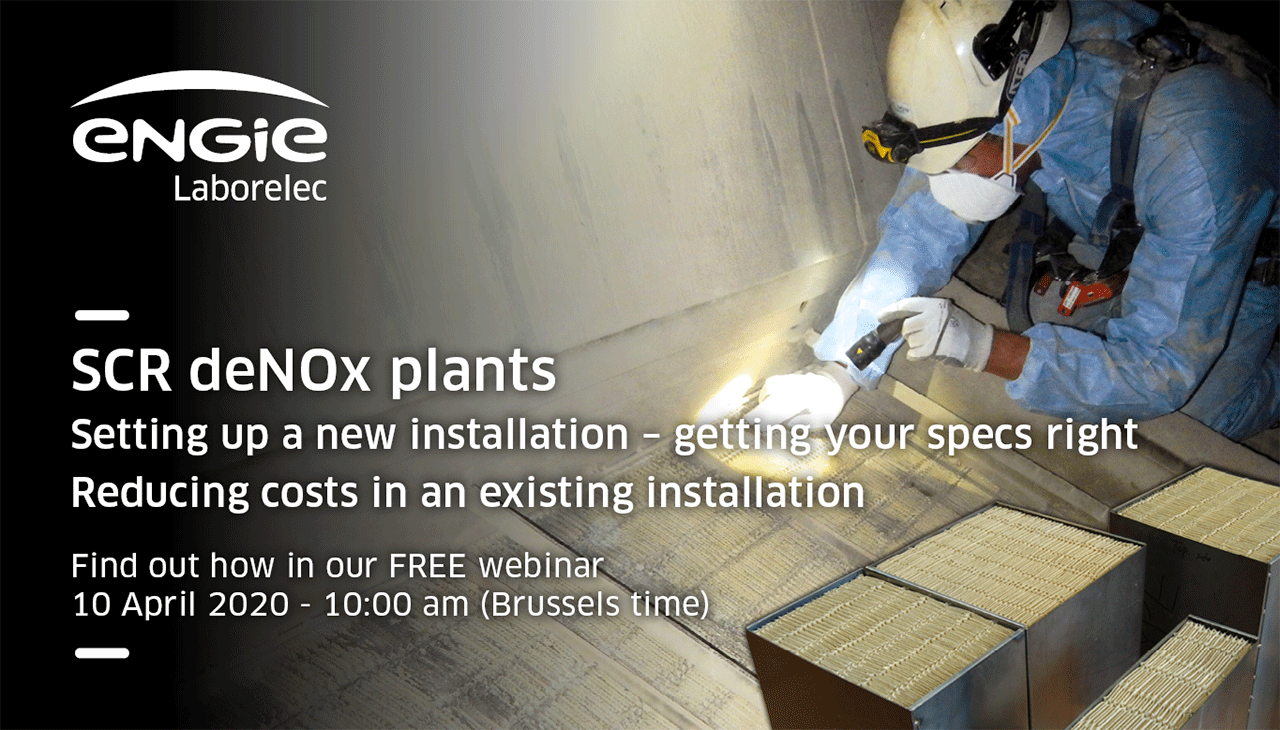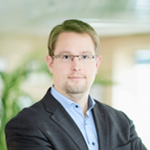Webinar | 2 central questions regarding SCR deNOx installations
New installations - Getting the specs right
In the first part, we’ll focus on new installations and share advice on how to get your technical specs right.
In the current context, legislation concerning emissions, and in particular NOx, is becoming increasingly strict. As a consequence, many industrial sites are considering installing an SCR deNOx plant.
But where to start? What criteria to take into account, how to ensure that the technical specifications are written in an optimal way, and how to make sure that initial cost optimization does not jeopardize further operation? We’ll show you the way.
Existing installations - Reducing costs
In the second part, we’ll focus on existing SCR deNOx installations and on how to cut costs.
Experience is clear: with an appropriate global approach, total cost of ownership can be reduced significantly. For example, postponing catalyst replacement is entirely possible. Also, by addressing a range of aspects of the operation and maintenance, it is often possible to increase overall performance.
We will examine not only operation and maintenance aspects, but also global asset management strategies. Finally we’ll screen together a series of cost-effective tailor-made catalyst solutions.

Meet the expert

As an international expert in flue gas treatment, especially denitrification, Xavier Henry specializes in SCR systems in a wide range of applications, including natural gas combined cycle plants, coal-fired plants, petroleum refineries, waste incinerators, and glass and cement producers. He also has extensive experience with SCR retrofit, catalyst management, field services, troubleshooting and asset management.
Bring your own cases and get answers to your questions.
Questions bienvenues | Stel je vraag | Domande benevute | Preguntas bienvenidas
You are most welcome to ask questions during the webinar and bring specific cases for discussion. Our experts will offer their advice, and any questions not answered during the webinar will be handled by email follow-up. Questions can be asked in English, French, Dutch, Spanish or Italian.